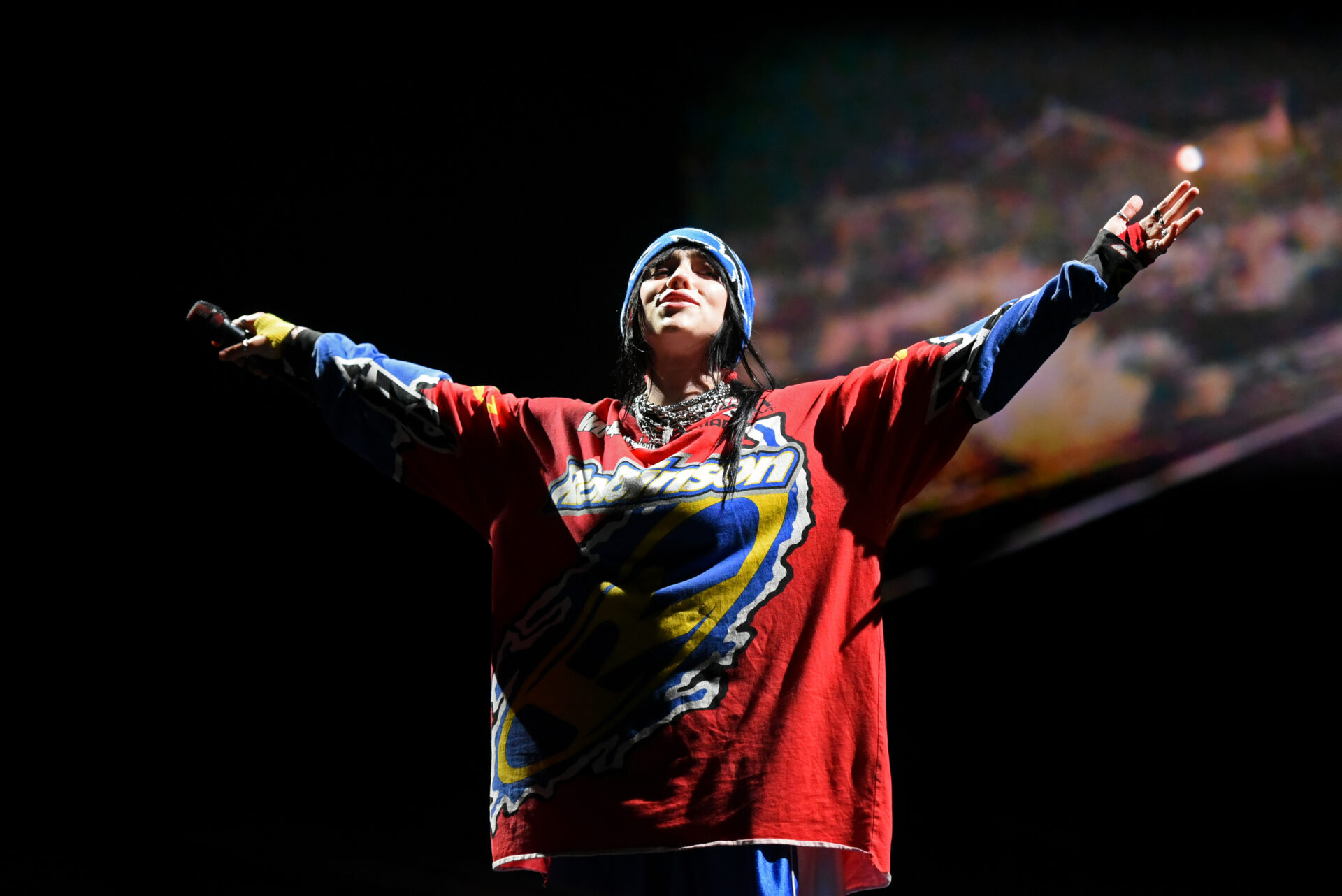Universal threatens to pull music from TikTok as licensing deal nears end
UMG has accused TikTok of using "its platform power to hurt vulnerable artists", potentially paving the way for the music of major artists to leave the app.

Universal Music Group – the recording music giant for superstar artists including Taylor Swift, Billie Eilish, Olivia Rodrigo, Drake, Kendrick Lamar and Post Malone — has issued a stern warning that it will remove its music from TikTok if the companies do not reach an agreement for a new licensing deal.
In an open letter posted online Tuesday evening, UMG said its agreement with TikTok is set to expire Wednesday, and claimed that the social media company was playing hardball on three important issues: “appropriate compensation for our artists and songwriters, protecting human artists from the harmful effects of AI, and online safety for TikTok’s users.” The company said that without a new deal in place after Jan. 31, UMG will cease licensing content to TikTok and TikTok Music services.
“TikTok proposed paying our artists and songwriters at a rate that is a fraction of the rate that similarly situated major social platforms pay. Today, as an indication of how little TikTok compensates artists and songwriters, despite its massive and growing user base, rapidly rising advertising revenue and increasing reliance on music-based content, TikTok accounts for only about 1% of our total revenue,” the open letter read.
“Ultimately TikTok is trying to build a music-brd business, without paying fair value for the music,” UMG claimed, accusing TikTok of trying to “bully” it into accepting a deal worth even less than the previous deal. UMG further alleged that TikTok tried to “intimidate” the company “by selectively removing the music of certain of our developing artists, while keeping on the platform our audience-driving global stars.”
“TikTok’s tactics are obvious: use its platform power to hurt vulnerable artists and try to intimidate us into conceding to a bad deal that undervalues music and shortchanges artists and songwriters as well as their fans,” UMG continued. “We will never do that.”
Outside of fair compensation, UMG listed concerns both on its handling of AI music and online safety issues on the platform as well. Regarding AI in particular, UMG has been cautious but active in its approach to AI music, partnering with YouTube to launch an AI incubator last year, as well as licensing music for an experimental AI song generator called Dream Track. It’s also pushed for takedowns of AI songs made without licenses and sued the AI company Anthropic.
UMG said that TikTok “is allowing the platform to be flooded with AI-generated recordings — as well as developing tools to enable, promote and encourage AI music creation on the platform itself… a move that is nothing short of sponsoring artist replacement by AI.”
In a statement to Rolling Stone, a rep for TikTok accused UMG of putting “their own greed above the interests of their artists and songwriters” and claimed the music giant’s “narrative” was “false.”
The statement added, “TikTok has been able to reach ‘artist-first’ agreements with every other label and publisher. Clearly, Universal’s self-serving actions are not in the best interests of artists, songwriters and fans.”
Over the past five years, TikTok has become the most influential music marketing tool in the music industry, launching burgeoning artists’ careers, fanning the flames on viral songs to turn them into hits, and pushing older catalog tracks back to the top of the Billboard charts. TikTok has been the launching pad for numerous massive singles including Lil Nas X’s ‘Old Town Road,’ Megan Thee Stallion’s ‘Savage,’ Doja Cat’s ‘Paint The Town Red,’ and SZA’s ‘Kill Bill,’ among others.
Marking its success, the social media company has pointed to hundreds of artists signed to major labels after they first gained popularity on the platform. TikTok’s influence has changed how artists release songs as well. With fans making faster and slower remixes of tracks for TikTok videos, it’s become increasingly common for artists to release those types of remixes as well.
